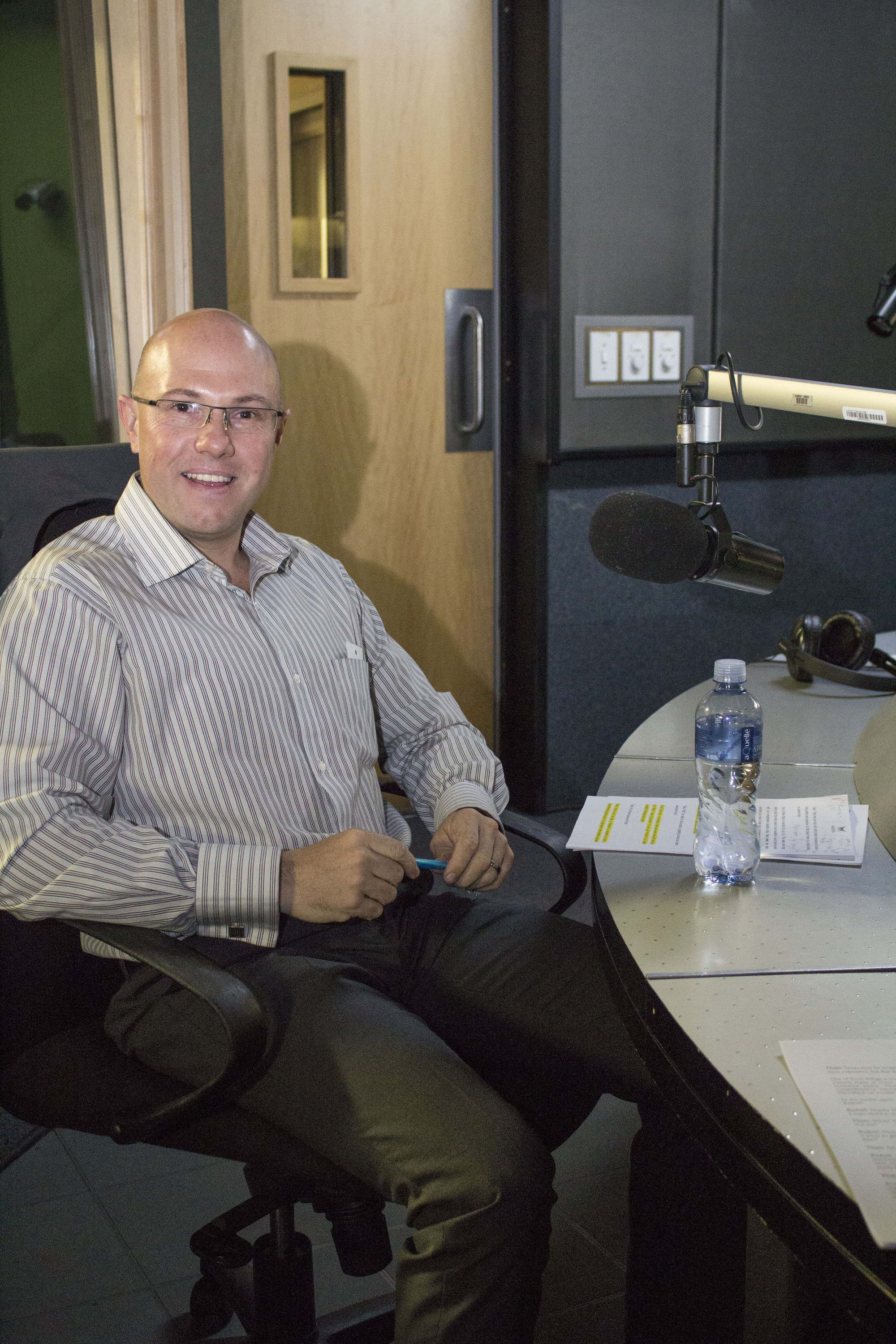With household debt levels on the rise, consumers should take note of how their credit position affects their present and future budgets, says Rudolf Mahoney.
15 May 2016 · Rudolf Mahoney

With household debt levels on the rise, consumers should take note of how their credit position affects their present and future budgets, says Rudolf Mahoney.
Have you ever applied for credit and wondered why you are asked for proof of employment, your marital status, and whether you own property?
Many people might not realise that they start building their credit profiles when they submit these details when applying for loans, credit cards or store accounts. From the moment they lodge an application their details are cross-checked with records at all of South Africa’s credit bureaus.
Our credit profiles also contain important information with regards to how we use credit and how we’ve managed our payments. Those of us who only have a few accounts and always make the monthly instalments will be seen as less risky than the people who struggle to stay within their budgets, miss payments and have multiple credit facilities that are maxed out.
Each one of us who has ever used credit in any way will have a credit record that shows whether we have accounts at clothing stores, cell phone contracts, credit cards, car loans or overdrafts. In addition, our credit profiles also have information that helps banks to determine our financial stability. A married person who owns property, has a university degree, and has had their job for five years will be seen as more stable than an individual who regularly moves between rented properties and is employed on a contract basis.
Banks, like any other organisation, seek to minimise risk. If you are viewed as stable and financially responsible, you present a low risk to a bank. When applying for large loans, you are more likely to be granted credit because your profile shows that you’re prepared to live up to the commitment and make all payments on time. You could even be seen by the bank as a beneficial customer and offered lower interest rates, which means you could end up saving money on loan repayments.
Conversely, if you have a history of missed payments and rely heavily on credit, you will be seen as a far higher risk by banks and lenders. Current economic data shows that consumers spend up to 75% of their household income repaying debt, and because so many households rely on credit, the current economic conditions could have a disastrous effect on them.
With the rand losing value against international currencies the price of food, clothing and fuel are all rising. Price increases are eating into budgets and the little money that’s left – after paying credit instalments – will buy less food and fuel than in the past. This is also seen in the Reserve Bank’s forecast for food price inflation, which it expects to hit a high of 11% later this year. Interest rates are also on the rise. This year alone they’ve been hiked by 75 basis points, and we anticipate that they will continue climbing until 2019.
Without proper budgeting consumers could end up having to choose between spending on monthly groceries or servicing their loan repayments. To avoid this situation they need to structure a budget that allows for enough free cash to cover rising costs from inflation and interest rate hikes. This might mean cutting out non-essential costs to settle debts sooner. For example, if you see that your car loan instalments could become unmanageable in the near future, consider downsizing and trade in your existing car for one that will be more affordable.
It is also wise to pull an annual credit report from one of the credit bureaus. These reports will have information about your existing commitments, as well as any payments you may have missed. With this information you can manage your credit profile by ensuring you settle all missed payments. If your monthly budget is already stretched to the limit this exercise will greatly benefit your credit record in the long run. You will give yourself breathing space and benefit hugely when the time comes to buy a house or new car.
It is important to remember that low credit scores can be improved. For example, by staying longer in a job and not job hopping, ensuring that all your repayments are made on time, limiting your use of credit, and working harder at being a better borrower with proven reliability, will all contribute to improving your credit score.
Consumers should also download their free credit report once a year from any credit bureau to keep track of their score. It is also a good idea to review credit accounts listed on the credit record and close down those that are no longer in use.
Credit Bureaus in South Africa
Free tool

info@justmoney.co.za
4th Floor, Mutual Park, Jan Smuts Drive,
Pinelands, Cape Town, 7405
© Copyright 2009 - 2025 · Powered by NCRCB29
Terms & Conditions
·
Privacy Policy
·
PAIA Manual
View your total debt balance and accounts, get a free debt assessment, apply for a personal loan, and receive unlimited access to a coach – all for FREE with JustMoney.